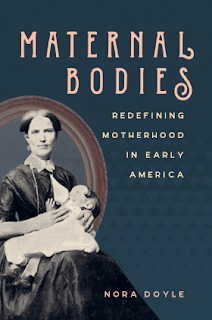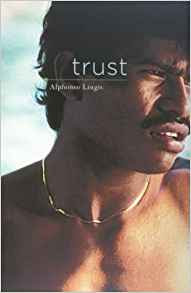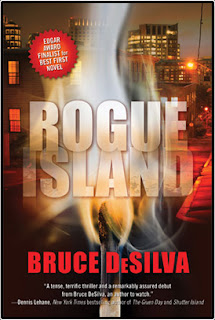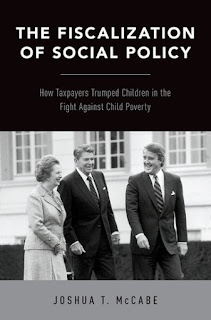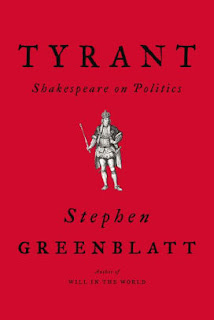
An Astronaut’s Guide to Life on Earth, by Chris HadfieldRead about another entry on the list.
Not only is Chris Hadfield an astronaut with more than 4,000 space hours to his credit, he’s an unabashedly joyful and welcoming ambassador (and fan) of space programs. He revived widespread interest in space travel with his dispatches from space, satellite hookups to classrooms, and viral video of himself singing David Bowie’s “Space Oddity” aboard the International Space Station. In his book, the perpetually-wonder-filled Hadfield details his journey from an Ontario corn farm to the world’s most famous modern-day spaceman. He’s also remarkably frank—and fantastically detailed—about the process of going into space, and the day-to-day, moment-to-moment realities of living in space.
An Astronaut’s Guide to Life on Earth is among Emma Barrett and Paul Martin's ten favorite books about and by people in extremes.
--Marshal Zeringue







